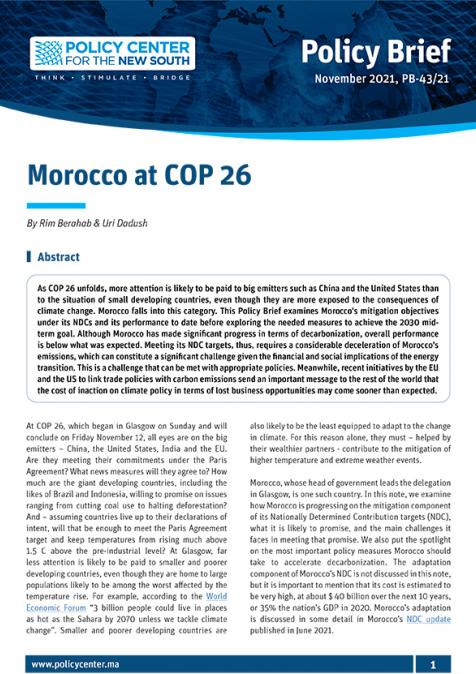The energy crisis has heavily impacted energy transition plans and roadmaps of many Mediterranean countries and has highlighted the question of how to move ahead with the decarbonisation of Mediterranean energy while securing economic development and the uninterrupted availability of power sources at affordable prices. On the other hand, what potentials could the energy crisis present for the mediterranean region ?
Veronika Ertl, Director of the Regional Programme Energy Security and Climate Change Middle East and North Africa, Konrad-Adenauer-Stiftung (KAS-REMENA)








